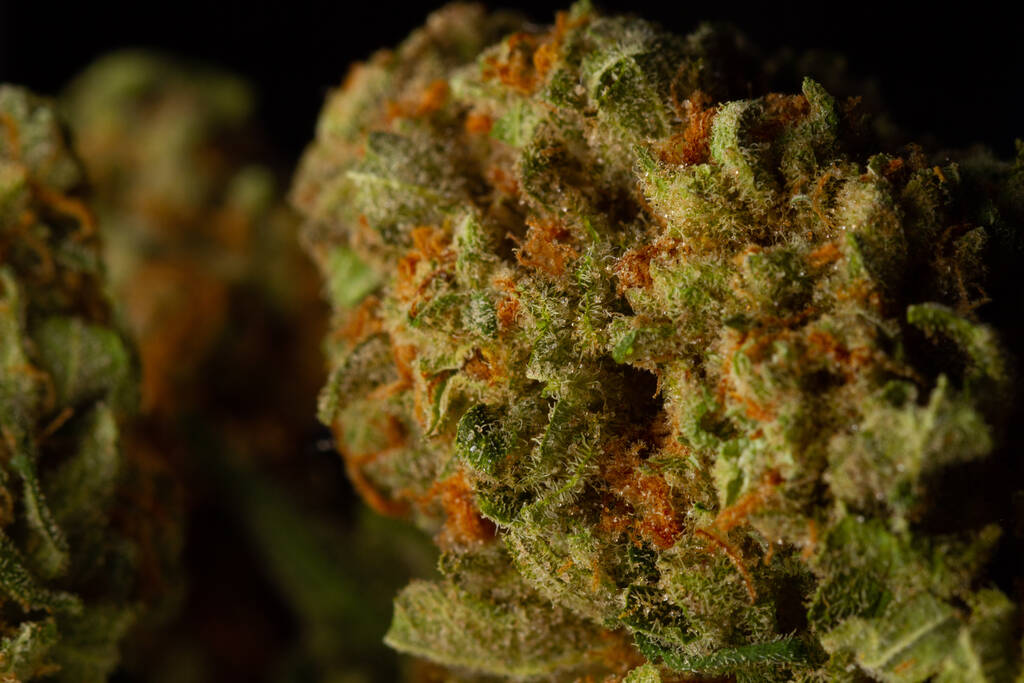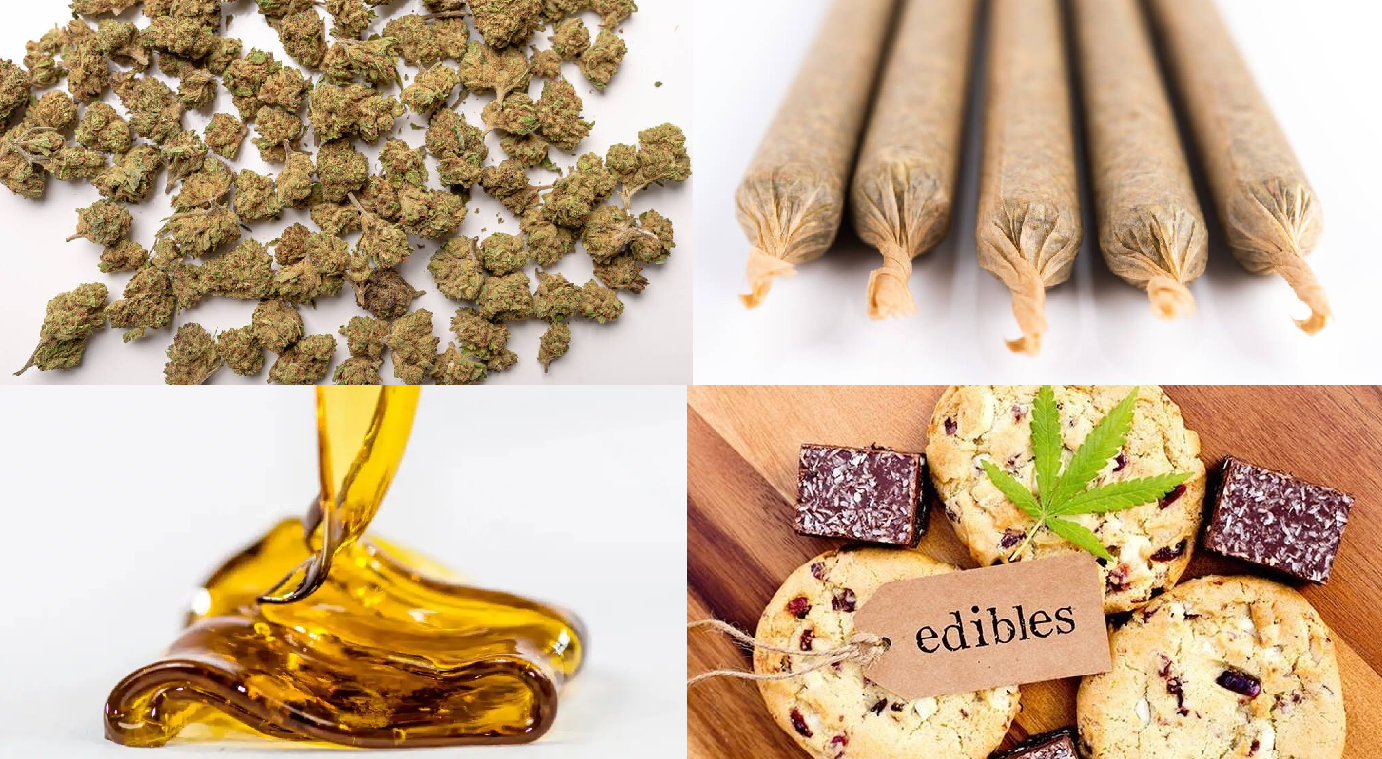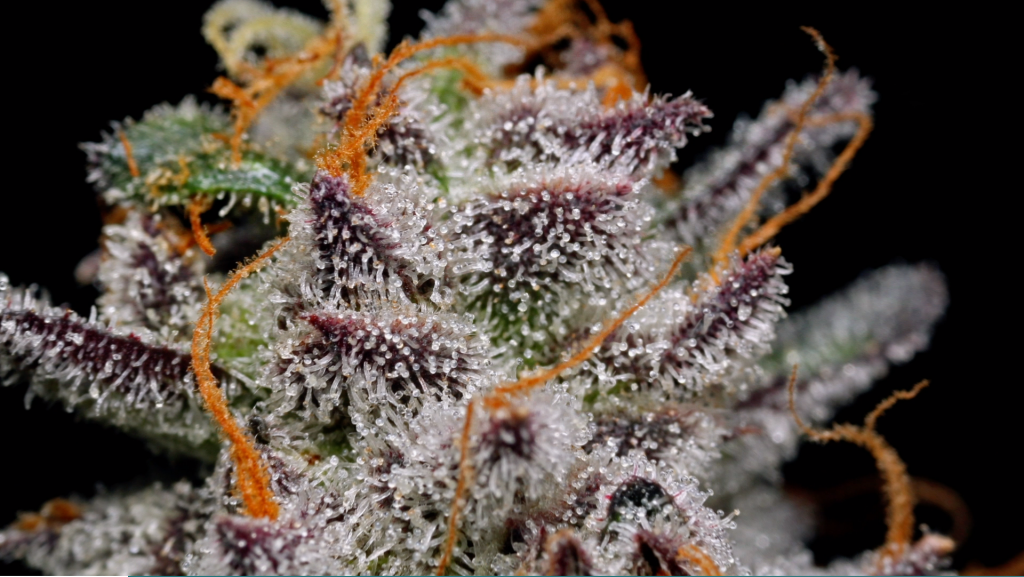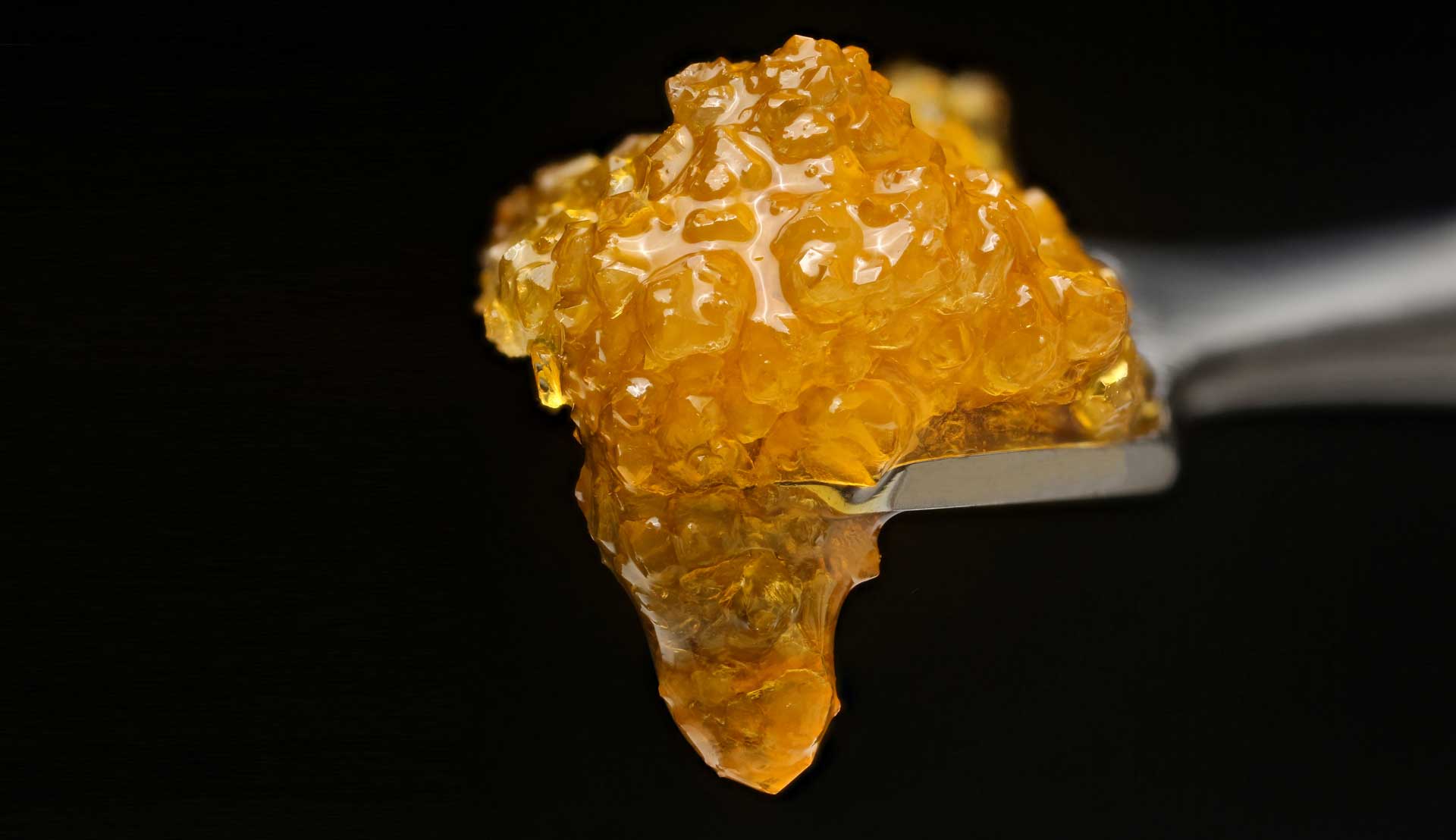New polling conducted by Change Research shows strong support for marijuana legalization in Pennsylvania, with more than 60% of voters in five key House districts backing the move to legalize, regulate, and tax cannabis.

The poll, conducted between September 3 and 11, 2024, surveyed 1,695 likely voters in districts across the state and revealed consistent support across all demographics.
In districts like HD16 (Beaver County) and HD151 (Montgomery County), support was particularly strong, with 72% of voters favoring legalization. Other districts, such as HD72 (Cambria County) and HD144 (Bucks County), also showed robust support, ranging from 64% to 65%. Across these districts, voters cited public safety, economic benefits, and criminal justice reform as key reasons for backing legalization.
Continue reading












